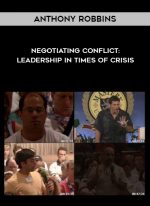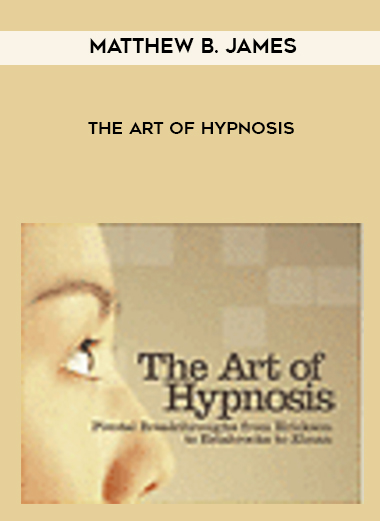
Anthony Robbins – Negotiating Conflict: Leadership in Times of Crisis
Archive : Anthony Robbins – Negotiating Conflict: Leadership in Times of Crisis
Anthony Robbins – Negotiating Conflict
Leadership in Times of Crisis
Negotiating Conflict: Leadership in Times of Crisis
Where were you on September 11, 2001? When you first heard the news of the devastating attack on the World Trade Center, what did you think, feel, and do? Traumatic events tend to trigger the most primal emotional patterns in people – anger, sorrow, despair, grief, vengeance, or rage – causing many to become ineffective, fearful, and unresourceful.
On September 11, 2001, Anthony Robbins was in Hawaii conducting his leadership conference for 2,000 people from 39 countries around the world. More than 50 participants found out that they had lost family members, loved ones, and entire businesses that morning. Diverse emotional responses within the entire group ranged from absolute hopelessness to celebration.
In order to bring together this group of diverse nationalities, religious beliefs, and political convictions, Robbins called upon two volunteers: a New York Jew, who would have otherwise been in the World Trade Center that day, and a Pakistani Muslim, who identified with the extremists responsible for the attacks. Captured live in this film, the process Robbins used to resolve their conflicts not only created an environment of peace but is now being utilized to impact people around the world.
Cloé Madanes reveals how Robbins used indirect negotiation methodology to realign the entire group and transform the individuals involved. Discover how you can use the same tools to actively support, influence, and lead those around you.
A portion of the proceeds from this product will be donated to the New York Times 9/11 Neediest Cases Fund.
Total running time: 113 minutes.
What is Metaphysics ?
Metaphysics is the branch of philosophy that studies the fundamental nature of reality, the first principles of being, identity and change, space and time, causality, necessity, and possibility. It includes questions about the nature of consciousness and the relationship between mind and matter, between substance and attribute, and between potentiality and actuality. The word “metaphysics” comes from two Greek words that, together, literally mean “after or behind or among [the study of] the natural”. It has been suggested that the term might have been coined by a first century CE editor who assembled various small selections of Aristotle’s works into the treatise we now know by the name Metaphysics (μετὰ τὰ φυσικά, meta ta physika, lit. ‘after the Physics ’, another of Aristotle’s works).
Metaphysics studies questions related to what it is for something to exist and what types of existence there are. Metaphysics seeks to answer, in an abstract and fully general manner, the questions:
- What is there?
- What is it like?
Topics of metaphysical investigation include existence, objects and their properties, space and time, cause and effect, and possibility. Metaphysics is considered one of the four main branches of philosophy, along with epistemology, logic, and ethics.
Anthony Robbins – Negotiating Conflict: Leadership in Times of Crisis
Readmore About : Anthony Robbins














![Actioncoach.Kajab - Brad Sugars Profit Masters [Billionaire in Training] download](https://ivseed.info/wp-content/uploads/2022/03/zz.jpg)























Reviews
There are no reviews yet.